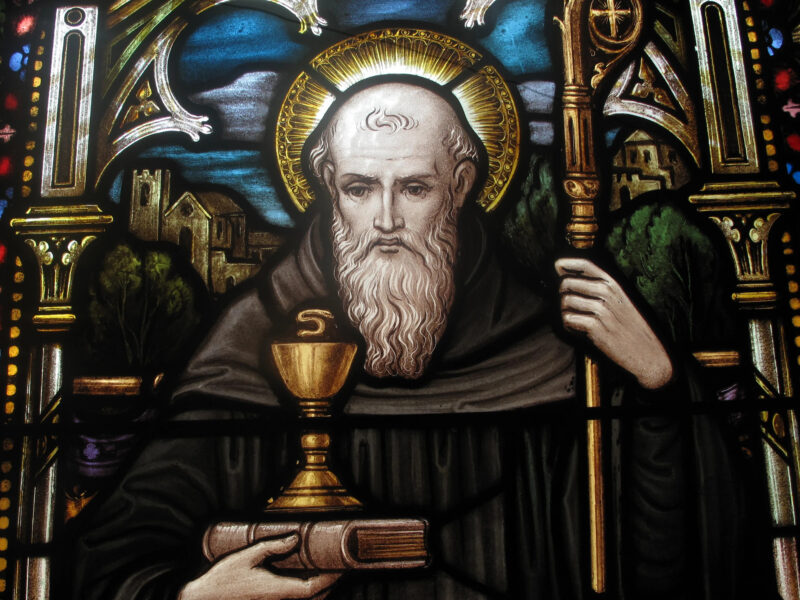This course delves into the timeless relevance of St Francis of Assisi’s life and teachings, portraying him as both a devoted disciple of Christ and a prophetic figure for our contemporary world. Participants will explore how St Francis’s wisdom can be applied to everyday life, including aspects such as prayer and discernment. Additionally, in anticipation of next year’s Jubilee of Hope, participants will explore St Francis as a companion figure for the upcoming Jubilee.
- Franciscan collaborators
- Individuals interested to explore and deepen their knowledge in Franciscan Spirituality
Target Audience Age: 18+
| Session |
| Introduction – The Saint’s Life |
| The Franciscan Rule |
| The Mysteries of the Incarnation and Easter in the life of St Francis of Assisi |
| Agiography |
| St Francis and the Word of God |
| St Francis’s Testament |
| The Contemplative Dimension and the Stigmata of St Francis of Assisi |
| St Francis of Assisi and the Jubilee of Hope |
| Franciscan Discernment |
| The Franciscan Dimension of the Liturgy and Particular Devotions |
| The Economy of Francesco |
| Franciscan Spirituality in Everyday Life |
| Half-Day Seminar on The Canticle of Creation* |
*Seminar venue will be different from lecture venue.
This course has three exit certificate options:
1. Certificates of Attendance
The student will receive a Certificate of Attendance when attending a minimum of 80% of all
contact hours for this course.
2. Certificate of Participation
To obtain a Certificate of Participation, students must:
- attend a minimum of 80% of all contact hours
- successfully complete and pass from a short multiple-choice exam
3. Certificate of Achievement
To obtain a Certificate of Achievement, students must:
- attend a minimum of 80% of all contact hours
- successfully complete and pass from a short multiple-choice exam
- successfully complete and pass from written assignment
Language: Applicants must be proficient in both Maltese and English.
Digital: Applicants must be digitally literate particularly, in use of office suites and internet access.








